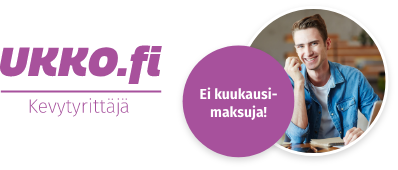Take That: Break
Freelancing can feel like non-stop work, and to some degree it is. That’s why it’s important to not just take breaks, but take weekends and even vacations.
Running your own business or working freelance means there’s no one looking out for your health, other than you. If you burn out or get ill it means no work is getting done. Everything is on your shoulders and the pressure of keeping yourself afloat, of satisfying clients, of finding future projects comes to a stand still when you can’t work.
You may be at a point in your freelance or entrepreneurship career where you don’t feel like you can take a night off. If you ever get to a point where you feel you can well done. But to get to that point you need to train yourself to take time off.
People take time off, not just because the law regulates how long they can work. They do it because it’s good for them and their work, especially in creative professions. Time doing anything else other than working is time preparing your brain for work. And in the knowledge economy, it’s vital that your brain function well.

The basis of this argument is the same one for the 40-hour work week. For Finland that’s not a major issue, the only exception may be the startup community. But salaried workers have a 40-hour week because it’s the most productive time. After that, the rate of return is ever decreasing to the point where an employee isn’t accomplishing anything by being in the office. The same holds true for freelancers.
Freelancers are creative people, which means they’re paid for their ideas and their creations. If it was simple assembly line items customers wanted then once created their reproduction would be easy. And to some extent that’s what some passive income streams can be, readily duplicated work that provides you an income – more on that can be found in my previous post Diversify with Passive Income Streams.
But to remain creative and aware of trends within your industry you need to take the time to do things that aren’t usually considered work. Reading, research, learning new skills, testing new ideas all add to your skillset and your viability as an entrepreneur. Like professional athletes, to stay at the top of your game means you need to keep practicing, not just competing.
If all you ever do is work then you don’t have any time for reflection. And justifying the need for that is hard when you’re a freelancer or entrepreneur. Yes you’ll learn some about how to streamline your processes while you work, but you won’t necessarily become aware of your weaknesses and how to improve upon them. But taking a break is about learning to take a break as much as it is making time for other aspects of your work, your life and other people.
Taking a break doesn’t have to be a big thing. You can start small, by not checking your email after a certain hour of the day, ending your workday at a particular time, scheduling in reading or learning time, simply going for a walk or getting some exercise. There’s a thousand different things you can do that are not work. And all of them will aid your work.
Every freelancer and entrepreneur has to balancing competing demands. And only they can decide how to use their time. But even if your job or your business is your passion there is no harm in taking a break. In fact, only good can come from it. And if you think it’s all going to fall apart because you’re not there to hold it together, then have you really constructed the best business?
So take that break, take a weekend, take a vacation. It will help you become more productive, and if you don’t believe me then here’s more arguments and a history lesson on the 40-hour work week and why everyone should take breaks from Sara Robinson, entitled: Why We Have To Go Back To a 40-Hour Work Week To Keep Our Sanity.
Do you want to read more about light entrepreneurship, being self-employed or UKKO.fi´s invoice service for freelancers? Then click on the word you want to read more about.


